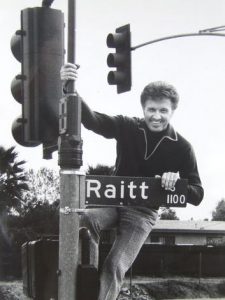Podcast: Play in new window | Download (Duration: 1:25:01 — 91.1MB) | Embed
Subscribe: Spotify | TuneIn | RSS | More
The Chinese-American bass Yi-Kwei Sze (1915-1994) was the first Chinese singer to achieve worldwide prominence in the world of Western classical music. From his first studies with Vladimir Shushlin at the Shanghai Conservatory, Sze’s sound and artistic soul carried on the great tradition of the Russian basses, including that of Alexander Kipnis, with whom he studied after emigrating to the United States in 1947. This episode captures Sze’s legacy in both his live and (comparatively rare) studio recordings, including operatic arias by Verdi, Mozart and Handel, and songs by Schubert, Schumann, Brahms, Mussorgsky, and Rachmaninov. Alongside my tribute to this great artist, I also consider the plight of the Asian musician as eloquently set forth in a riveting article published in The New York Times. Over the course of the past nearly two years since I have been producing the podcast, I consider Yi-Kwei Sze to be one of the greatest artistic discoveries on my own path. A note for my Patreon supporters: a second Yi-Kwei Sze episode is being published today that further explores his recorded legacy.
Countermelody is a podcast devoted to the glory and the power of the human voice raised in song. Singer and vocal aficionado Daniel Gundlach explores great singers of the past and present focusing in particular on those who are less well-remembered today than they should be. Daniel’s lifetime in music as a professional countertenor, pianist, vocal coach, voice teacher, and journalist yields an exciting array of anecdotes, impressions, and “inside stories.” Occasional guests from the “business” (singers, conductors, composers, coaches, and teachers) lend their distinctive insights. At Countermelody’s core is the interaction between singers of all stripes, their instruments, and the connection they make to the words they sing. At Countermelody’s core is the interaction between singers of all stripes, their instruments, and the connection they make to the words they sing. Please visit the Countermelody website (www.countermelodypodcast.com) for additional content including artist photos and episode setlists. And please head to my Patreon page at www.patreon.com/countermelody to pledge your monthly support at whatever level you can afford. Bonus episodes available only to Patreon supporters are currently available.
